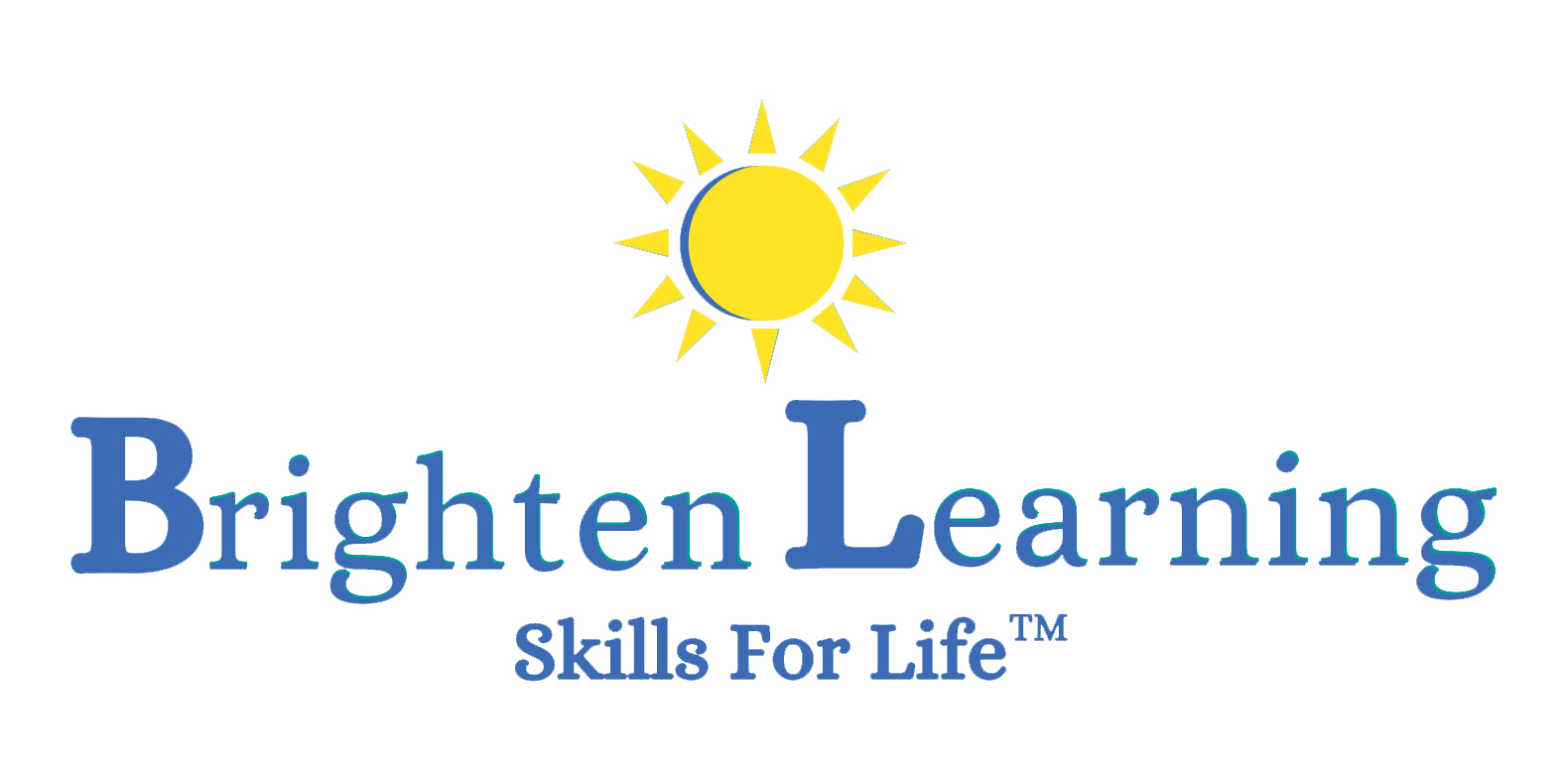By Joyce Whitby Our students’ first teachers in life are inarguably their parents. As educators,…
Why we have to sell SEL?
Why We Need to Support Social-Emotional Learning for All Our Students!
At a recent parent teacher conference a passionate teacher found herself explaining why she dedicates daily instructional time for activities to address topics of social and emotional learning (SEL), with the goal of strengthening her students’ overall emotional health and ability to interact socially in positive ways. Surprisingly, her presentation was met by a stark remark from one of the parents who said, “I never had SEL lessons in school and I came out alright!”
Somewhere over the past 50+ years we have finally figured out that education is not all ABCs and 123s. We have learned that separating the learning from the learner just creates angst, it doesn’t create lifelong learners. The new wave of interest in SEL is promising, and provides options for educators. How do we as educators who believe in teaching the whole child (including social and emotional skills) help others to understand why this is important – that is, how do we “sell” SEL instruction to all stakeholders including administrators, teachers, students and parents?
What is SEL? Social and emotional learning (SEL) is the process through which children and adults acquire and effectively apply the knowledge, attitudes, and skills necessary to understand and manage emotions, set and achieve positive goals, feel and show empathy for others, establish and maintain positive relationships, and make responsible decisions (CASEL). In order for students to develop the knowledge, attitudes, and skills described in SEL, students need to be competent, or have abilities, in five areas: self-awareness, self-management, social awareness, relationship skills, responsible decision making.

The Importance of Social Learning
Our world is a social place, and we spend most of our time as members of social groups. We all use our social skills everywhere we go. Social skills are about sharing space with others and being able to get along with people in a variety of settings. An individual’s social success is based upon the quality of his or her social interactions. In order to have positive social interactions, an individual needs to be socially competent and have strong social learning skills.
Education in the United States has matured since the passing of Title I in 1965, we now look for research-based instructional practices and data based decision making. Accountability is not a foreign concept, in fact it is right up front and center stage. When we look at building a case for justifying SEL instruction, we can include some amazing data. In fact, research shows that SEL not only improves achievement by an average of 11 percentile points, but it also increases prosocial behaviors (such as kindness, sharing, and empathy), improves student attitudes toward school, and reduces depression and stress among students (Durlak et al., 2011).
The role of technology in reaching students who are socially ‘challenged’
In today’s world technology is a natural medium for just about any student to help them learn and engage in new concepts. Technology offers an opportunity to experiment in real life scenarios without any dangerous consequences. Simulated personal interactions afford students a safe haven to learn more about those non-intuitive things – like learning body language, picking up on sarcasm or other verbal nuances which are not very clear.
Introducing The Social Express
In a safe and familiar learning environment, The Social Express animated interactive program provides students an opportunity to learn and practice skills needed to help them develop meaningful relationships and successfully navigate our social world. The Social Express was designed for students to use at school or home, and provides educators and parents with insightful data about students’ growth in key areas of social emotional learning.
In over 80 animated interactive lessons, The Social Express aligns with basic tenets of Universal Design of Learning (UDL) by offering different types of learning methods including online and offline activities. In addition, The Social Express is both research-based and research-backed! A research study with over 350 students concluded there were statistically significant improvements for students when the implementation was part of a schoolwide initiative.
Each “webisode” teaches foundational skills for social and emotional learning such as:
- Attentive Listening
- Conflict Resolution
- Conversations
- Critical Thinking
- Group Participation
- Non-Verbal Communication
- Relationship & Self Management
The best part about The Social Express is that even though you might have to “sell SEL” to other adults, you never have to sell it to the students themselves. The interactive lessons are engaging and fun. Countless testimonials concur that the application is awesome! Thousands of teachers worldwide are using The Social Express to help students feel less socially isolated, and learn how to interact in our very social world.
By Joyce Whitby
@jwhitby1 joyce@innovations4education.com
References:
- The Connection between Social Emotional Learning and Learning Disabilities: Implications for Intervention. Elias, Maurice J.. (2004) https://files.eric.ed.gov/fulltext/EJ704973.pdf
- Bayar, I. (2000). Modifying our classrooms to meet the needs of students with learning disabilities. In Coalition for Advancement of Jewish Education, Educating Jewish children with special needs (pp. 10-12). New York: CAJE.
- Bennett, Colette. “5 Social Emotional Competencies All Students Need.” ThoughtCo, Dec. 5, 2018, com/competencies-all-students-need-3571793.
- Durlak, J.A., Weissberg, R.P., Dymnicki, A.B., Taylor, R.D., & Schellinger, K.B. (2011). “The impact of enhancing students’ social and emotional learning: A meta-analysis of school-based universal interventions.” Child Development, 82, pp.405-432.
- Krach, S. K., Doss, K. M., Highsmith, D., Brown, L. S., & McCreery, M. P. (presented 2018). “Can computers teach social skills? Examining “The Social Express”. Poster presentation at the Annual Convention, National Association of School Psychologists, Atlanta, GA. (National)
- *Wong, C., Odom, S. L., Hume, K., Cox, A. W., Fettig, A., Kucharczyk, S., et al. (2014). Evidence-based practices for children, youth, and young adults with autism spectrum disorder. Chapel Hill: The University of North Carolina, Frank Porter Graham Child Development Institute, Autism Evidence-Based Practice Review Group. Retrieved from autismpdc.fpg.edu/content/elop-update
